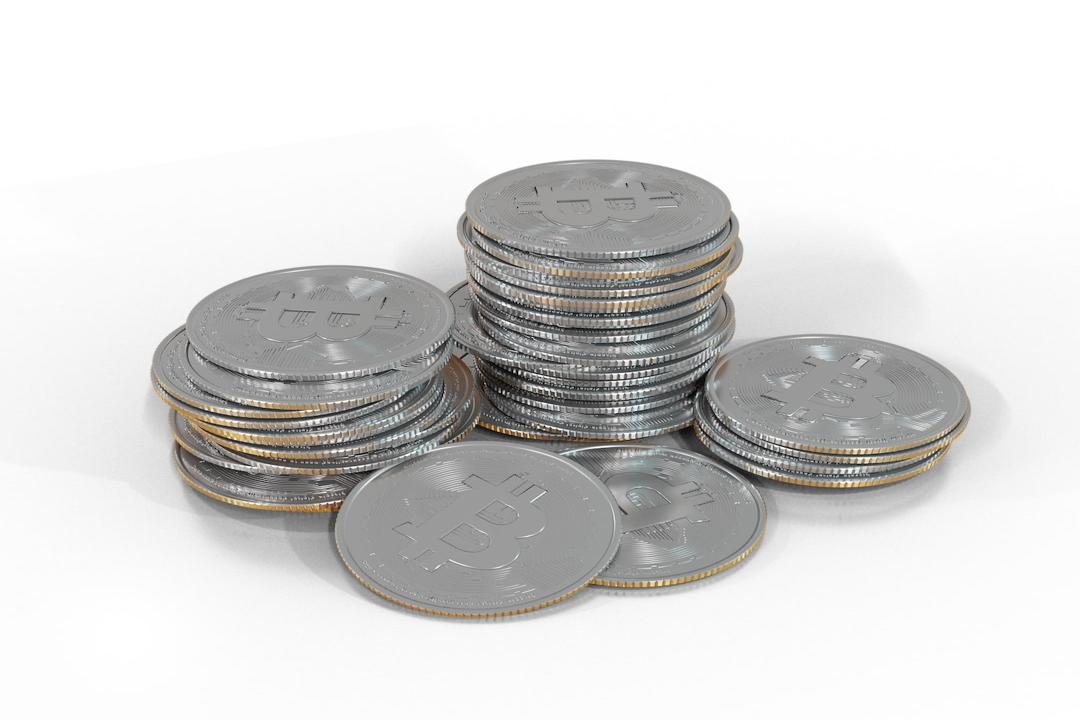Mirror World, a web3 application development platform, is set to launch the first gaming rollup on Solana, a top five blockchain by market cap. The company announced on March 29 that its novel Solana Virtual Machine (SVM) computation engine, named “Sonic,” will allow developers to deploy game engines or virtual machines of their choice on Solana using its software development kit (SDK) and facilitate in-app transactions. Mirror World’s core technology, HyperGrid, enables gaming platforms to create their own on-ramp and cross-chain decentralized exchange (DEX) aggregators for Solana in-game interactions.
The Mirror World SDK has already been deployed to 50 gaming clients as initial distribution nodes. Three games, Mahjong Meta, Matr1x Fire, and Seraph/ActozSoft, have seen significant success after incorporating the Mirror World SDK, raising over $30 million in their series rounds and generating more than 200,000 traffic and transaction engagements during their gaming sessions. Mirror World stated that Sonic provides integrated payment and settlement infrastructure tools, as well as user engagement tools necessary for building successful web3 games.
Mirror World’s CEO, Chris Zhu, emphasized that the company has collaborated with numerous games in the web3 ecosystem to support their monetization and listing. Zhu added that Sonic’s vision is to expand the existing Solana Gaming Ecosystem, processing millions of requests per second per game and settling them back onto Solana L1. Mirror World also offers the Smart Marketplace SDK, which allows developers to deploy a nonfungible token marketplace within their decentralized application for a monthly fee of $299, with a limit of $1 million in monthly transaction volume.
Solana, which has experienced an 824% gain in market cap over the past year, has seen less development in gaming activities compared to Ethereum. The most popular game on Solana, MomoAI, has only attracted 80,680 unique active wallets. However, the blockchain is gaining traction in other areas, reaching an all-time high of $5 billion in nonfungible token sales in February.

